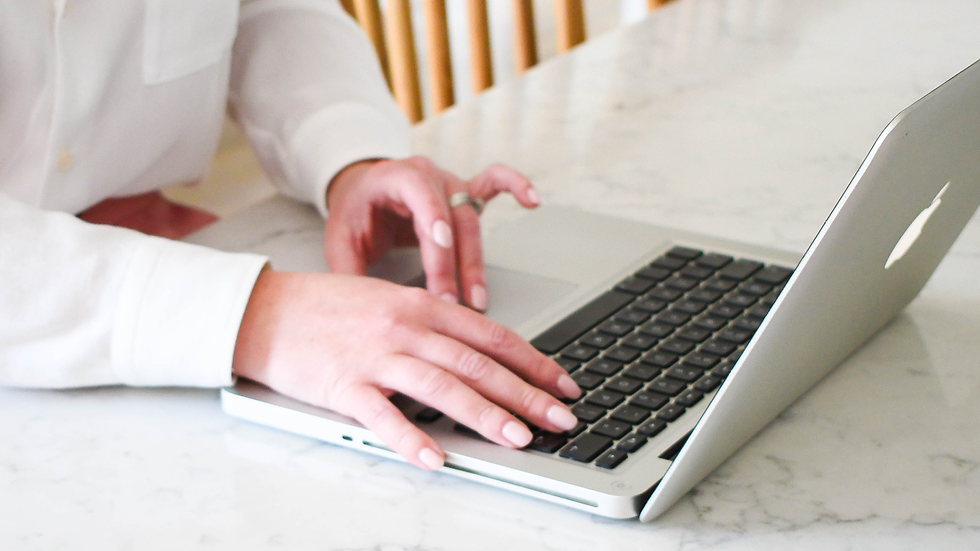5 Self Assessment Mistakes Sole Traders Make (And How to Avoid Them)
- twobirdsresources
- Nov 4, 2025
- 3 min read

Filing your Self Assessment Tax Return can feel overwhelming for sole traders. Between running your business, serving clients, and managing day-to-day operations, tax returns often get pushed to the last minute-and that's when mistakes happen.
The good news? Most Self Assessment errors are completely avoidable once you know what to look out for. Let's walk through five of the most common mistakes sole traders make, and more importantly, how you can steer clear of them.
1. Missing the Deadline (Or Leaving It Until the Last Minute)
It sounds obvious, but missing the Self Assessment deadline is one of the most common- and costly- mistakes. The deadline for online submissions is 31st January, and if you miss it, HMRC will charge you an automatic £100 penalty. Leave it too late, and you risk technical glitches, missing information, or simply running out of time to gather everything you need.
How to avoid it: Start early. Aim to have your records organised by December at the latest, so you're not scrambling in the new year. Better yet, keep your bookkeeping up to date throughout the year so that when January rolls around, it's a quick job rather than a mountain to climb. At Josie Dayment Bookkeeping we like to start preparing as early as possible from April 6th each year.
2. Forgetting to Claim Allowable Expenses
Many sole traders either don't realise what they can claim, or they simply forget to include legitimate business expenses in their return. This means you could be paying more tax than you actually owe.
Allowable expenses include things like office supplies, travel costs, professional subscriptions, software, marketing, and even a portion of your home bills if you work from home. Every receipt counts.
How to avoid it: Keep a detailed record of all your business expenses throughout the year. Use accounting software or a simple spreadsheet to track what you spend and why (although if you earn more than £50,000 per year, from April 2026 you’ll need to comply with Making Tax Digital, so a simple spreadsheet won’t cut it!) When Self Assessment time comes, you'll have everything ready to claim—and you'll keep more of your hard-earned money.
3. Mixing Personal and Business Finances
Using the same bank account for personal and business transactions is a recipe for confusion. It makes it difficult to track what's a business expense and what's personal spending, and it increases the risk of errors on your tax return.
HMRC expects clear separation, and if your records are messy, you could face questions or even penalties during an investigation.
How to avoid it: Open a separate business bank account as soon as possible. It doesn't have to be a formal business account (though those can offer useful features), but having a dedicated account makes your bookkeeping infinitely easier and your Self Assessment far more accurate.
4. Incorrectly Calculating Profit (Or Guessing)
Your taxable profit isn't just your income minus a few expenses-it's a precise calculation that includes all your revenue, allowable expenses, and any adjustments like capital allowances. Guessing or using rough figures can lead to underpaying (which HMRC will catch up with) or overpaying (which means you're losing money unnecessarily).
Some sole traders also forget to account for things like stock, work in progress, or payments received in advance, all of which affect your profit figure.
How to avoid it: Keep accurate, up-to-date records and reconcile your accounts regularly. If you're unsure how to calculate your profit correctly, it's worth getting professional help. A bookkeeper can ensure your figures are accurate and compliant, giving you peace of mind and potentially saving you money.
5. Not Keeping Records for Long Enough
HMRC requires you to keep your business records for at least five years after the 31st January submission deadline. That means if you submitted your 2023/24 return in January 2025, you need to keep those records until at least January 2030.
If HMRC decides to investigate your return and you can't provide the necessary records, you could face penalties—even if your return was correct.
How to avoid it: Store your records digitally in a secure, backed-up location. Cloud-based accounting software makes this easy, and it means you'll always have access to your records when you need them, without the clutter of paper files.
It doesn’t have to be stressful
Self Assessment doesn't have to be stressful. With good record-keeping habits, a clear understanding of what you can claim, and a little forward planning, you can avoid these common mistakes and submit your return with confidence.
And if you'd rather hand the whole thing over to someone who lives and breathes this stuff? That's where we come in. At Josie Dayment Bookkeeping, we help sole traders stay organised, compliant, and stress-free all year round-not just at tax time.
Need help getting your Self Assessment sorted? Get in touch today, and let's make this tax year your easiest one yet.







Comments